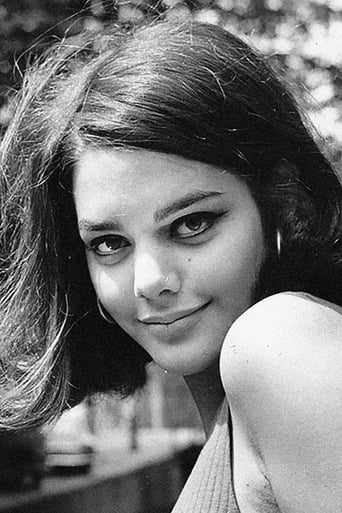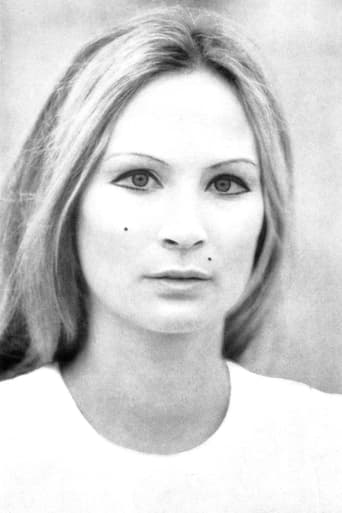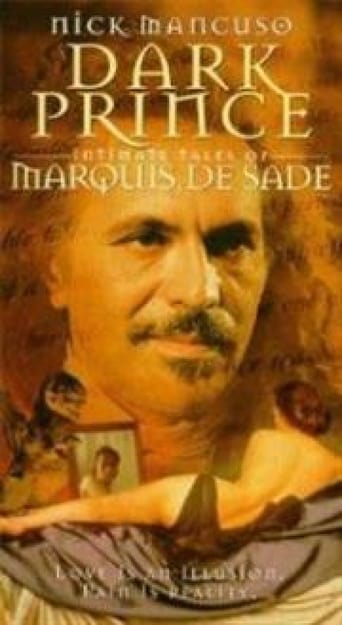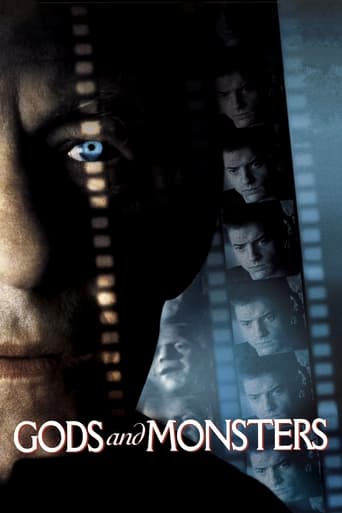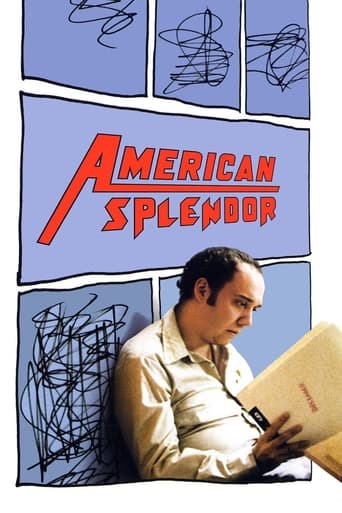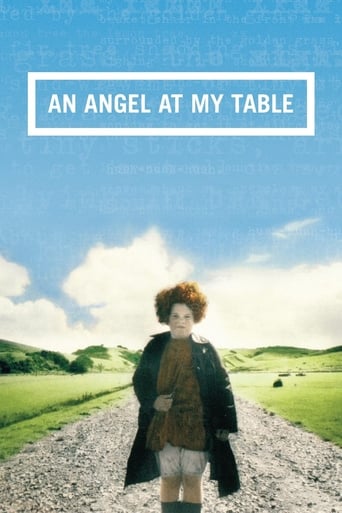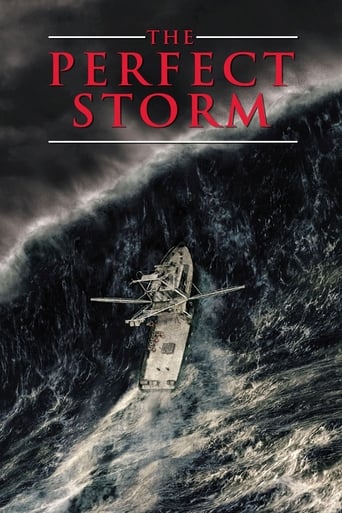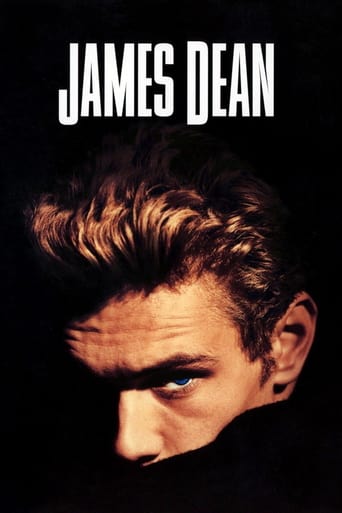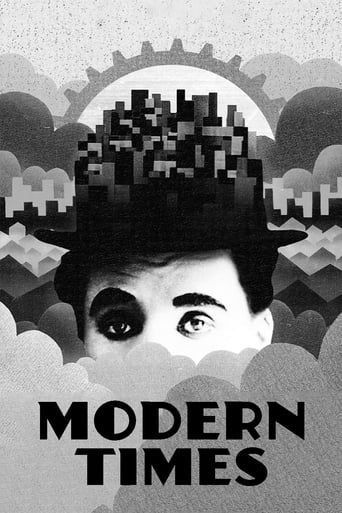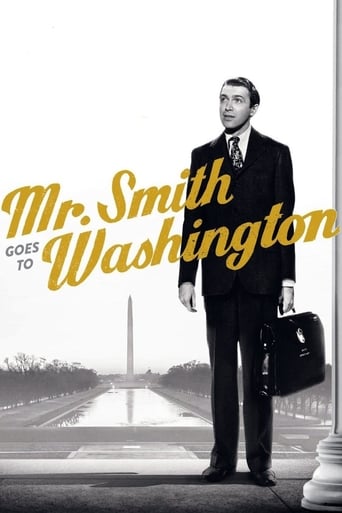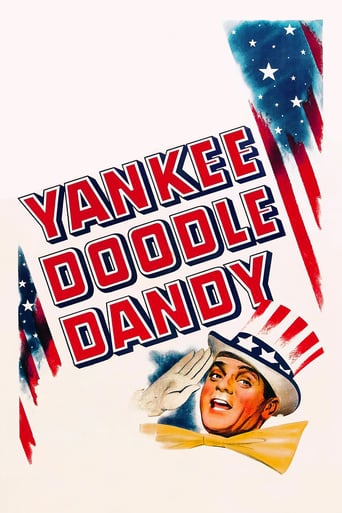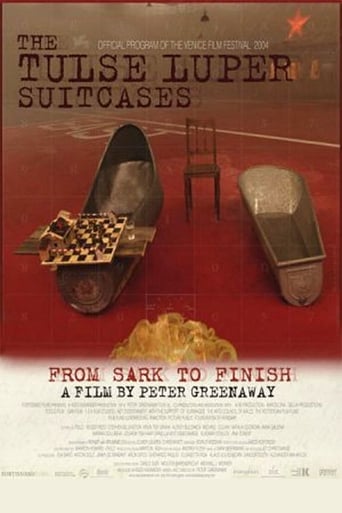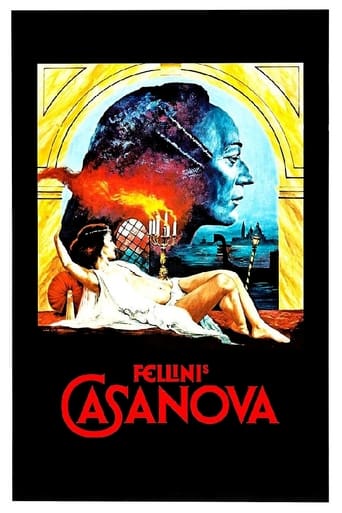
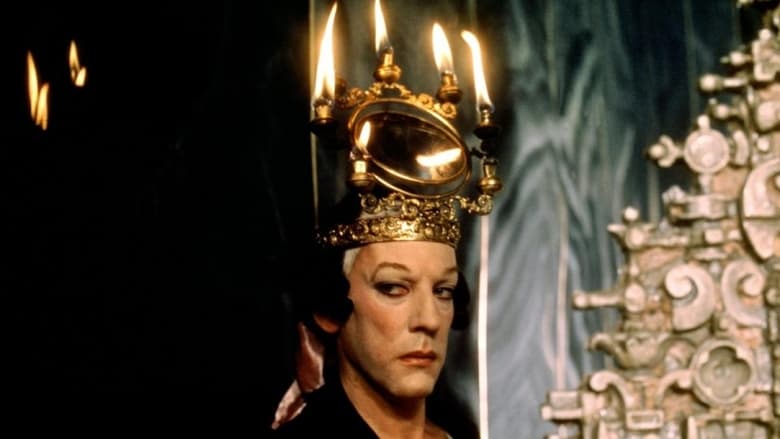
Fellini's Casanova (1976)
Casanova is a libertine, collecting seductions and sexual feats. But he is really interested in someone, and is he really an interesting person? Is he really alive?
Watch Trailer
Cast


Similar titles
Reviews
People, please: this emperor has no clothes. I love La Dolce Vita (seen it 7 times maybe? Own the DVD at home!) and I like 8 1/2, which, though more navel-gazing, still has something universal to say, and gorgeous visuals to display; but this Casanova (like The City Of Women" before that) reeks of personal fantasies from its director, and in spite of the glowing reviews of some bizarrely entranced people on this forum, I bet very few viewers have been entertained since 1976 by Fellini's gloomy vision of a historical character who -by the way- had a zest for life and wrote about it in such glorious language that 19th century book critics thought Stendhal was the true author of those "Memoires" (I must add: golly, I did read the real Casanova memoirs, "Histoire de Ma Vie", the whole 3 volumes in French, and it was compelling.) The movie is constructed like a wild opera, with the usual cast of Fellinian grotesques romping about in extravagant costumes, on cardboard sets I did not find particularly arresting visually, while the script throws repetitive scenes at the viewer without attempt at coherence for 2 hours. It looks and feels like the bad dream of a director who hates his protagonist, or has a beef with his own sexuality, or with women, or with the men who like to please them. In the end, it is Fellini's fears we are gawking at, and Fellini's fears at this stage of his career are overexposed, with nothing original here for the viewer to chew on or relate to. Summary: I found this Casanova to be one long, tedious, depressing and empty film.
Fellini's Casanova (1976) Giacomo Casanova (Donald Sutherland) was a bit of a lad. He loved the ladies. His life was a collection of sexual escapades that whilst initially fulfilling left him feeling empty and bereft as an individual. Acclaimed director Federico Fellini's film follows Casanova through his various adventures in 18th century Europe.We first meet the charlatan as he entertains an unseen voyeur by defiling a fake nun. Once the act has reached its climax Casanova does his utmost to impress the rich, and still unseen, voyeur by recounting his interest in alchemical research. He soon realises that he is talking to himself, literally, and leaves.Upon arriving back on the mainland he is arrested and imprisoned for his catalogue of debauchery. He soon escapes and travels around Europe. From an aged woman looking to have her soul transformed into that of a man, through sex to Casanova, to cuddling up with a mechanical woman Fellini's Casanova is episodic and surreal.This is cinema as art rather than entertainment but that's not to say that Casanova fails to entertain within its artistic confines. Touching upon religion, death, spiritualism, and intellectualism and, of course, sexuality Fellini drew upon the aspects of Italian society that both appalled and intrigued him with little regard to historical accuracy. Director Federico Fellini's Casanova is an exquisite feast for the senses that threatens to become more style than substance if it wasn't for the hugely charismatic performance of Donald Sutherland.Adapted from the autobiography of Giacomo Casanova, the 18th Century adventurer and writer Fellini's masterpiece is by turns dazzling, funny and bewitching. What is even more astonishing is learning that the entire film was shot on stage – the Cinecittà studios in Rome – a monumental achievement in set and production design. Little touches such as the turbulent sea Casanova rows upon made up of black plastic sheets add to what Fellini felt was the plasticity of Casanova's life.Original producer Dino De Laurentiis had Robert Redford in mind for the lead, but then more often than not, De Lauentiis was very rarely right in his choices (one only has to look at his career CV as a producer to see what we mean). Paul Newman, Al Pacino and Marlon Brando were also considered. Fellini refused the notion of Redford as his film's lead and, after breaking from De Laurentiis as producer Fellini, cast Donald Sutherland instead, having the actor shave the front part of his hair and don a prosthetic nose and chin.Dreamlike and consistently enthralling Fellini's flick encompasses an individual that the noted director disliked intensely however in shooting his script he found some empathy for his lead character. He amended his initially brutal treatment of Casanova in his script focusing instead on the man's inability to love despite falling in love too easily - the inclusion of the mechanical doll and dream ending were his compensation for this.Magical and absorbing from start to finish Fellini considered this film to be his masterpiece. He was heartbroken when the film failed to be received critically in the States. This is inconceivable! Each and every frame of the film is abundant in detail and colour, truly ravishing to behold. It's not difficult to see why Danilo Donati was awarded an Academy Awrd for Best Costume Design. Fellini regular Nina Rota composed the score that initially grates a little but becomes more haunting and enchanting as the story unfolds. An embarrassment of riches Fellini's Casanova demands your attention and deserves repeated viewings. In case you've missed it, we really liked it.Check out more of my reviews at www.mybloodyreviews.com
Fellini's Casanova might not make complete sense. In fact, I'm not sure if it does: constantly I am asking myself what he is trying to display with some of the butchered dialogue and strange, often comical situations. But in the end, none of that matters. Like all Fellini films, Casanova is a long, filmic journey that seems to drag, lacking any real drive; but, isn't that the point? Casanova himself is a selfish playboy who has no idea where he is going, and ultimately fails in any goals he might have (besides a sex-contest).The film opens with a masquerade in Venice, where even the crowned woman herself, the queen, cannot make an appearance for the Casanova. The masked guests are crazed with excitement as a man is launched into the sea (I presume he drowns in the sea of women). Already we can feel the morality of a great Italian society plummeting. This theme is very well presented throughout the film. The best example could be the nun who gives a show to her boss along with Casanova (equipt with his "supercock" music box, whose off-key tunes and obvious display of sexual arousal is disturbing). Continually, Admist an abandon opera house, a beautiful scene of Casanova's inadequacy with his own mother is presented as he carries her over his back. "I'm sorry mother, I don't understand German much. What were you saying?" "You don't understand, or you don't want to understand?" Although this is much later in the movie, it explains Casanova's inability to love (as Fellini believed your first real love was for your mother). Throughout Casanova's travels, he admires certain qualities in the many women he thinks he loves: Henriette, Anna Maria, Isabella. Each of them embody the perfect woman, at least, at the time. It is not until much later in the film when he finally finds the woman of his dreams: a plastic, mechanical doll. The effect is jarring, chilling, and genius. But no matter who the woman was, his "love" always resorted in sex, both times, the women being completely out of it, and unconscious for the experience.The final scene may be the greatest every filmed by Fellini (on par with the ending of 8½). It opens with Sutherland, a much older loner whose selfishness has for once caught up with him, dwelling on a dream he had. As a younger Casanova walks along a path of blue ice (complimenting his ice-like eyes), he chases the slowly dissolving image of the women he thought to love. As soon as he sees the mechanical doll, he embraces her, and leads her in a dance. The two spin on the ice, while Casanova himself resembles that of the plastic doll, his own superficial sexuality externalized.
With his "La Dolce Vita" and "Amarcord", Federico Fellini is probably one of Italy's best known directors. But that the man has made a lot more movies than only these two, isn't something that everybody seems to know. And even though not all his movies were famous masterpieces, they almost always have something to offer that makes it interesting to give his movies a try. That's why I watched "Il Casanova di Federico Fellini", based on the autobiography of Giacomo Casanova.Telling what the story in this movie is about isn't exactly difficult, although it's not easy to bring it well either. If you want to keep it simple than you could say that this movie is about nothing more than Casanova's sexual escapades. In his quest for fame and fortune, he travels through Europe, visiting all the royal courts, seducing as many women as possible. But the entire movie seems to be one big hallucinatory circus as well. I truly believe that's the best way to describe it, because you don't know if you should take it very serious or not. You can see it as something very disturbing, but the irony and completely over-the-top make-up and costumes almost seem to forbid you to take it all very serious. Even the sex-scenes seem like one big farce. And the acting only makes that feeling stronger, although I must say that I appreciated Donald Sutherland in his role as Giacomo Casanova.In the end I believe that this movie will make it very difficult for the average audience to judge it. Either you love it, either you absolutely hate it, as there almost seems no way in between. Personally I don't really know what to think of this movie. I liked it, but not to such an extend that I would recommend it to my friends. Not that they would understand what I like about it (most of them prefer a lot easier movies), but even if they preferred the not so average movies, I wouldn't be able to explain them very well why this is a definite must-see. I guess this is the kind of movie that you should only give a try when you are already familiar with movies other than the average American blockbuster. I am one of those people and I quite liked it, but it wasn't the best example of 'weird' cinema that I've seen so far. I give it a 6.5/10.



